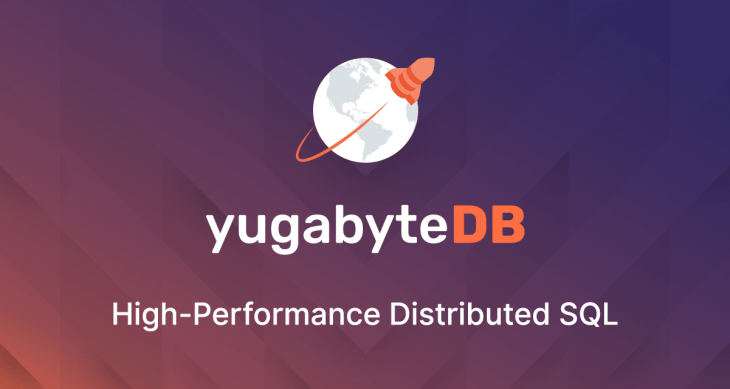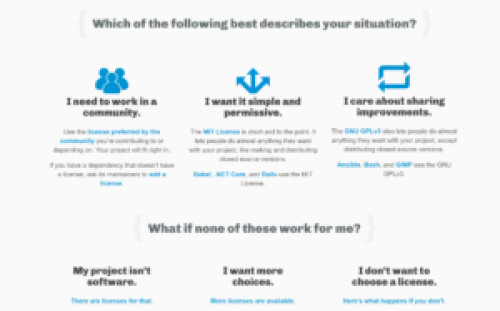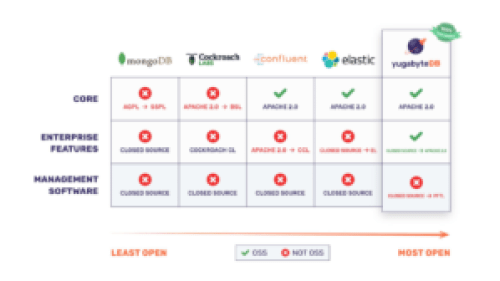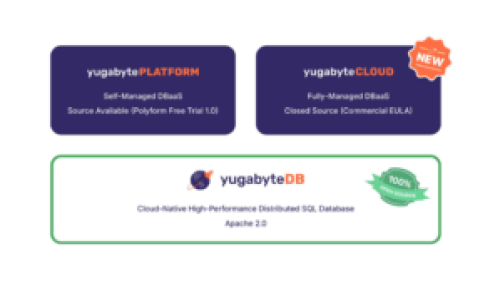YugaByte Open Source Business Model

Open source software has been climbing the ladder to prominence in the software world for the past couple of decades.
Products like Linux, MySQL, and PostgreSQL have become the cornerstones of software development and toppled the monopoly of companies like Microsoft and Oracle. Emergence and consequent success of open source not only changed the product landscape, but forced the big players to consider alternatives, think about the user base, and contribute to a multitude of projects.
The value and success of open source stems from a spirit of fast and open innovation, driven by collaboration from a diverse number of contributors. Businesses that have spun out of open source projects, despite the early-on skepticism in the 90s about the inherent sustainability of such business models, are thriving. Companies like RedHat, MongoDB, Confluent, Elastic, HashiCorp, and many more being acquired for or valued at billions of dollars. Each of these companies has a different business model with different offerings, licenses, and principles.
Open source licenses fall into two main categories: copyleft and permissive licenses.
- Copyleft licenses: When a piece of software is licensed under a copyleft license, any modified or extended versions have to be open sourced as well. GNU General Public License (GPL), LPGL, APGL all fall under this category.
- Permissive licenses: This type of license enforces minimum requirements on how the software can be used. MIT license and Apache 2.0 fall under this category.

Frontpage of Choose a License, a a website that helps software creators to choose a license that fits their needs
For a license to be considered an open source license, the most widely used criteria is acceptance from the Open Source Initiative (OSI), a global non-profit that aims to promote open source and its principles.
Open source business models can also be divided into 3 main categories:
- Service, support, training: This is the business model made popular by RedHat. Offering the main product for free, this model charges users or enterprises if they want additional service, support, or training.
- Open core model: The most widely-used model among open source businesses. With this model, the features that are deemed to be core are open sourced with a license like Apache 2.0, and the features that are deemed to be advanced, also called the crust are commercialized with a paid license. Elastic, the company behind Elasticsearch, follows this model – the core features are open with an Apache 2.0 license, while some features in X-Pack are monetized, and the others are under Elastic license, which is not an open source license according to the Open Source Initiative (OSI). Open core model is also known as the dual-licensing model, where the company has two offerings, usually a free community edition, and a licensed proprietary edition.
- Managed service offerings: An alternative to the break/fix model, this model generally offers subscription based system management, where the underlying open source software is being handled by a third party to create an additional layer of abstraction. In the cloud era, instead of provisioning servers and dealing with the complexity that scale brings, managed services such as Database as a Service (DBaaS) solutions have gained popularity.
The discussions around open source principles and business models turned into a heated debate in the last year after companies such as MongoDB and Cockroach Labs announced the licensing change of their product, an act some saw as moving away from open source. The move comes from the fear that cloud providers such as AWS can use their product, for example CockroachDB, and offer it as a service. MongoDB also cited a similar concern in their move from AGPL to SSPL (Server Side Public License).
In the midst of these debates, YugaByte recently made the news, announcing that they’re changing their licensing to 100% open source. The company is bringing together its previous community and enterprise editions together under YugaByte DB, offering a high-performance, cloud-native distributed SQL database fully open sourced under the Apache 2.0 license. The company turns to offering a self-managed DBaaS under the name YugaByte Platform, alongside an early access YugaByte Cloud for a fully-managed DBaaS.
What’s the reason behind this decision? Co-founder and CEO of YugaByte, Kannan Muthukkaruppan said in an interview “Being 100 percent open source means being committed to preserving freedom of vendor choice while fostering more open collaboration among the developers leveraging distributed SQL and the committers behind the distributed SQL project.” YugaByte is committed to principles of open source. From another angle, the competition that may arise when a cloud provider like AWS or Google Cloud want to offer YugaByte as a service on their own platform, this creates a competitive environment and incentivizes YugaByte to better their own managed product.
Co-founder and CTO of YugaByte Karthik Ranganathan, in Software Engineering Daily’s episode on Open Source Business Models also points out that since they are the actual makers of the product, the customers with critical workloads would be more comfortable coming to the creators of the database for support or for a hosted service. If AWS decides to invest in offering YugaByte as a service, then they will have to get involved with the open source project and contribute to it to ensure that it runs smoothly and new features get added more frequently. This in turn would benefit the end users, as an open source project thrives when there is a big, diverse community of developers behind it.
Another shift on YugaByte DB is the licensing on its management software. They are moving from a closed source software to source-available license, namely PolyForm Free Trial License (PFTL). Source-available licensing is similar to open source, but there are some added restrictions that prevent it from being called open source. Under PFTL, the source code will be available to see, and to be used and modified for a trial period; however, the changes cannot be distributed.
Open source is a mutual exchange of benefits. Open source drives adoption among users, and a large user base drives and attracts contributors. YugaByte has definitely made a bold move to better align themselves to an open source spirit. They see the future of open source business models in the database sphere as DBaaS offerings, turning their database fully open source and focusing on a managed service business model towards this goal.
If you are interested in how to build a distributed scale database for the cloud era, you are in luck! Distributed SQL Summit, organized by YugaByte and hosted by Postgres Conference happened on September 20 in San Jose, CA. Speakers include experienced engineers from big companies that handle huge amounts of data and creators behind numerous databases and infrastructure tools. Stay tuned for next year’s conference.





















